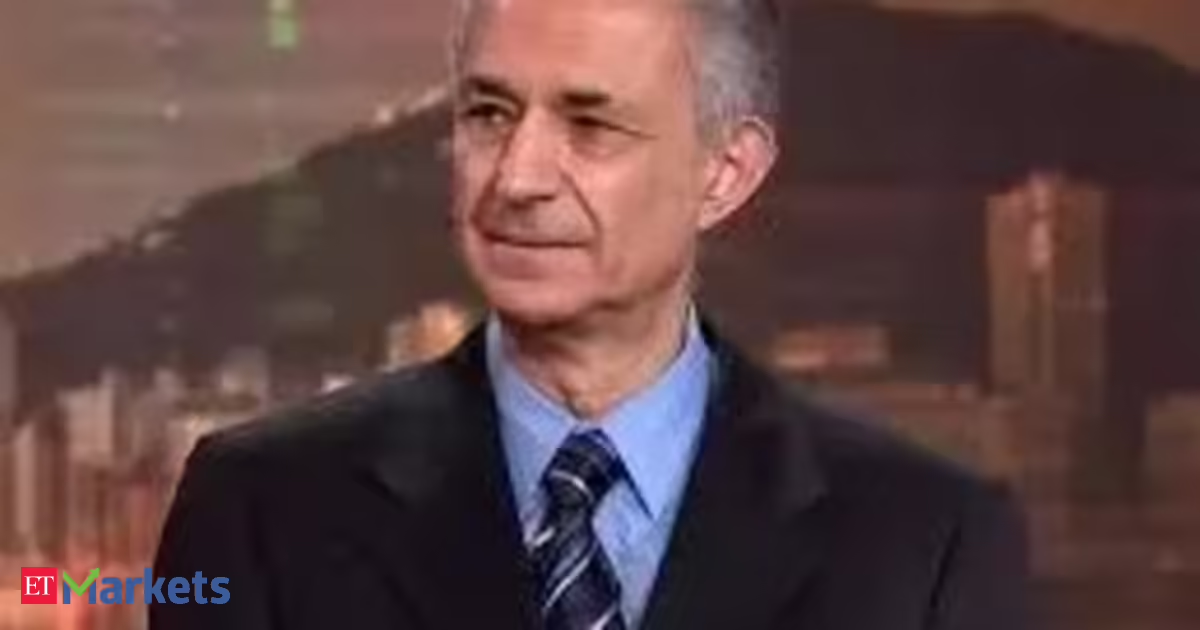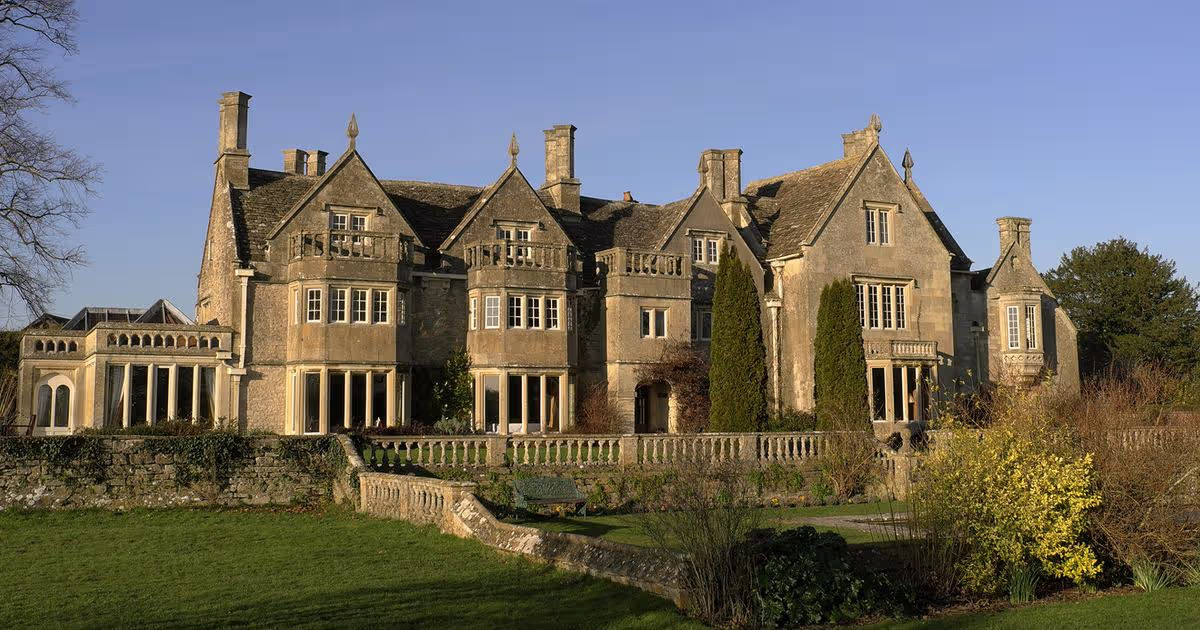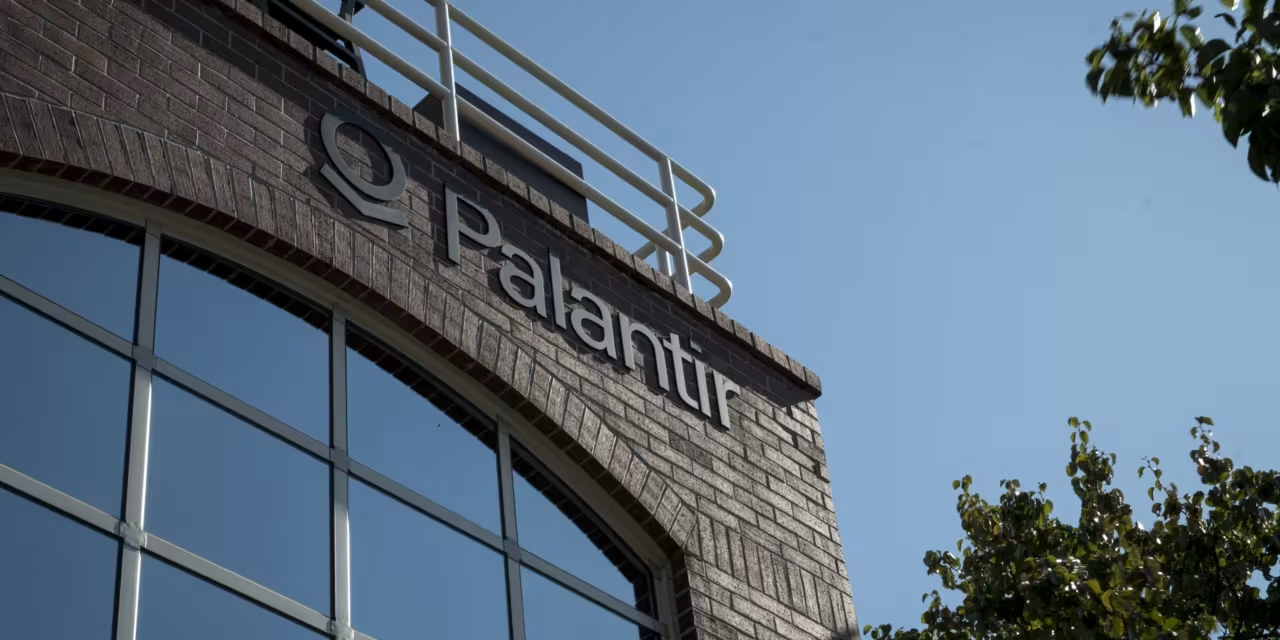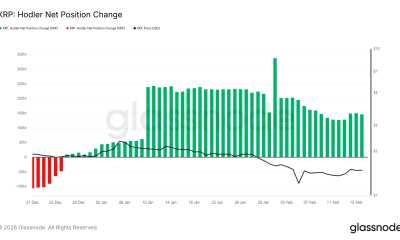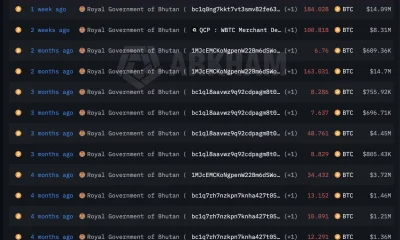Business Live went to visit Woolley Grange – an historic countryside retreat near Bath that is perfect for parents and children alike
A luxury Jacobean-era hotel with stylish furnishings, roaring fireplaces and modern spa that is entirely child friendly can’t possibly exist… or can it? Deep in the heart of the Wiltshire countryside, some 20 minutes from Bath, lies Woolley Grange – a 17th-century manor house-turned-hotel that offers exactly that.
The mansion, which is a short walk from the picturesque town of Bradford-on-Avon, was built in 1665 for Francis Randolph’s family. It was later inhabited by the Baskervilles, with the last surviving member – the dog-loving Henry – becoming the inspiration for Arthur Conan Doyle’s famous book.
During the Second World War, the house was turned into an antenatal centre for mothers fleeing the London Blitz and in 1948 its coach house became one of the UK’s first ambulance stations after the NHS was founded.
Some 40 years later, in 1988, the property was snapped up by London accountant Nigel Chapman who wanted to transform it into a high-end hotel catering specifically to families after spotting a gap in the market.
Woolley Grange opened a year later and became the first in the Luxury Family Hotels collection (there are now five in the group across the South of England) and was an immediate hit.
Last year, the hotel underwent a major revamp, reopening its doors after a six-month-long renovation in October. The redesign was headed up by the team at StudioJill who have worked with the collection on Fowey Hall in Cornwall and Moonfleet Manor on the Jurassic Coast in Dorset. Business Live went to visit to check it out…
A family retreat
The hotel’s draw is the clever way it appeals to couples looking for a fancier getaway but also have children to entertain. The house itself is full of period charm – think wood-panelled walls, creaking staircases and plush furnishings – but without being stuffy. There are plenty of sticky-fingered children running about the place, but there is a relaxed and welcoming vibe throughout the venue and the refurbishment has elevated Woolley Grange to a chic retreat.
All 25 bedrooms and suites were redesigned during the renovation last year (although historic features were retained) and the results are impressive. The rooms at Woolley Grange vary in size, from luxurious doubles for couples to larger suites in its clutch of outbuildings which are ideal for bigger families with older children.
Business Live stayed in a characterful deluxe room overlooking the gardens. It had a beautiful king-sized bed with large wooden headboard – fit for royalty – along with thick drapes, a sofa and a spacious ensuite. Nice touches included the mini fridge, chocolate on arrival and luxurious bath robes and matching slippers.
When it comes to keeping the children occupied, there is plenty on offer. Alongside a fairy garden for smaller adventurers, an outdoor play area with a zipline, heated indoor swimming pool, cinema room and family library, the hotel has an Ofsted-registered kids club – The Four Bears Den – for children aged three months to eight years. All guests are given a complimentary two-hour session per night’s stay – a genius idea that means worn-out parents can kick back and relax while knowing little ones are entertained.
At weekends (and during the school holidays), Woolley Grange also offers family activities that parents can join in – if they so choose – such as a gardening club, cookery classes, and marshmallow toasting over a firepit. And for the older children, there is the Hen House – a dedicated space with a pool table and gaming consoles including a PS5 and Nintendo Switch.
Time to dine
Woolley Grange has three dining areas, all of which welcome children. There is the Orangery, an informal eating space; the traditional dining room; and a dog-friendly area where your pooch can even enjoy their own ‘Waggy Tails’ afternoon tea.
The main restaurant is relaxed in the daytime and the evening, and manages to feel grown-up while at the same time welcoming for children. The night we stayed there were several birthdays being celebrated, with everyone chiming in to sing “happy birthday stranger” each time, and then laughing in unison.
The hotel is currently in the process of building a kitchen garden which will grow produce for use in the restaurant. Its current menu is packed with classic family favourites – from fish and chips and ribeye steak to pan-fried sea trout and chicken souvlaki with Greek salad, which we tried (and highly recommend). The restaurant also has a decent wine list that also includes zero and low options.
Parents wanting to dine alone can utilise the hotel’s complimentary video monitors, while babysitting services can be arranged for an additional fee.
Relax and unwind
The hotel’s spa, which overlooks its walled garden, was also renovated during the refurbishment last year. The small, but intimate retreat has two new treatment rooms, outdoor hot tub and a new sauna next to the 12-metre indoor swimming pool and is a sanctuary for those looking to unwind.
There are adult-only swim times during the week (term-time only), but the spa – and pool – is completely family friendly with gentle treatments on offer especially for children as well as adults. The Elemis treatments available include a range of soothing massages – from hot stone to full body – as well as facials and nourishing scrubs.
Away from Woolley Grange, there is plenty to do in the pretty town of Bradford-on-Avon, which is just a short stroll downhill from the hotel. It has plenty of quaint tearooms, independent shops and cosy cafes, as well as high-end pubs and even its own cheese shop.
Overall, Woolley Grange is the perfect combination of luxury retreat and family-friendly bolthole. So whether you’re a worn-out parent or a energy-filled mini adventurer, we would recommend a visit.
Rates at Woolley Grange start from £250 a night on a B&B basis.















